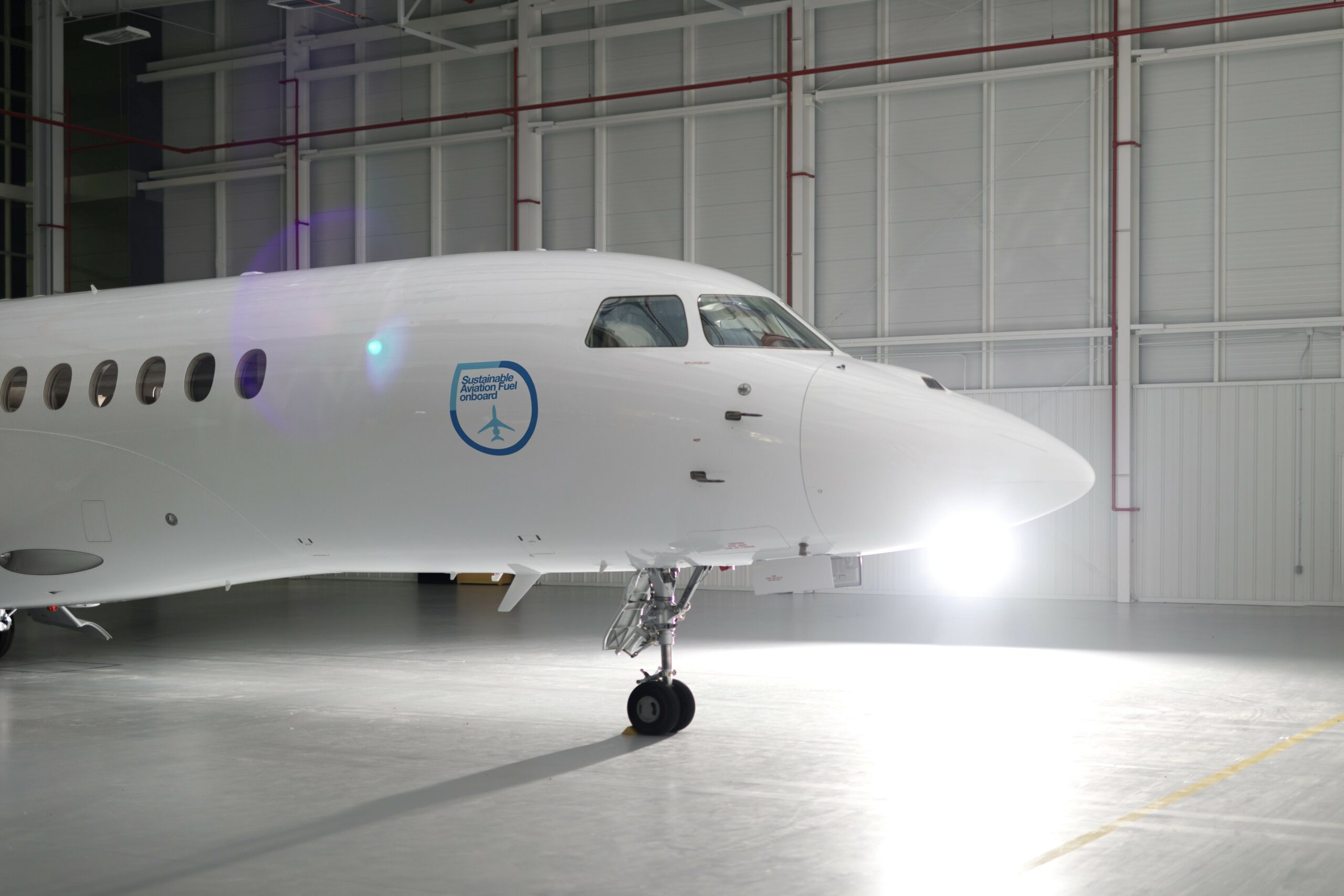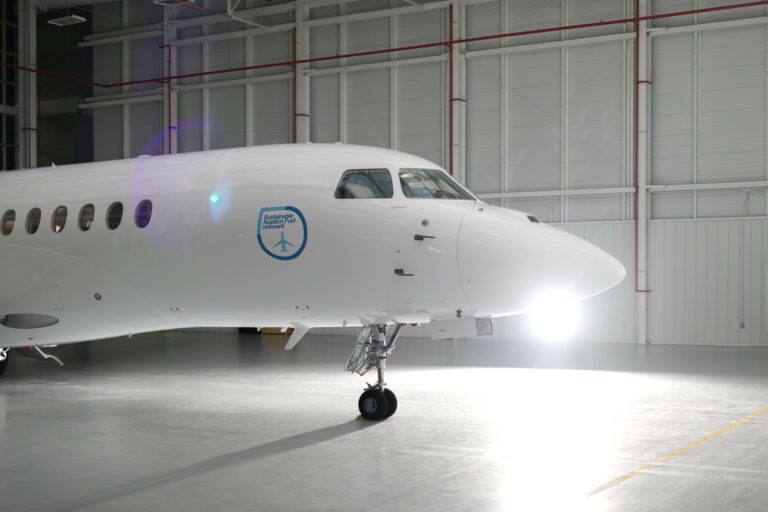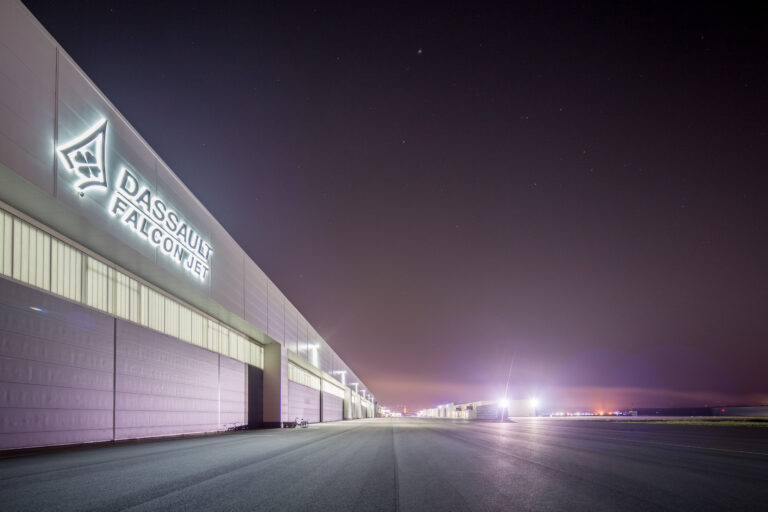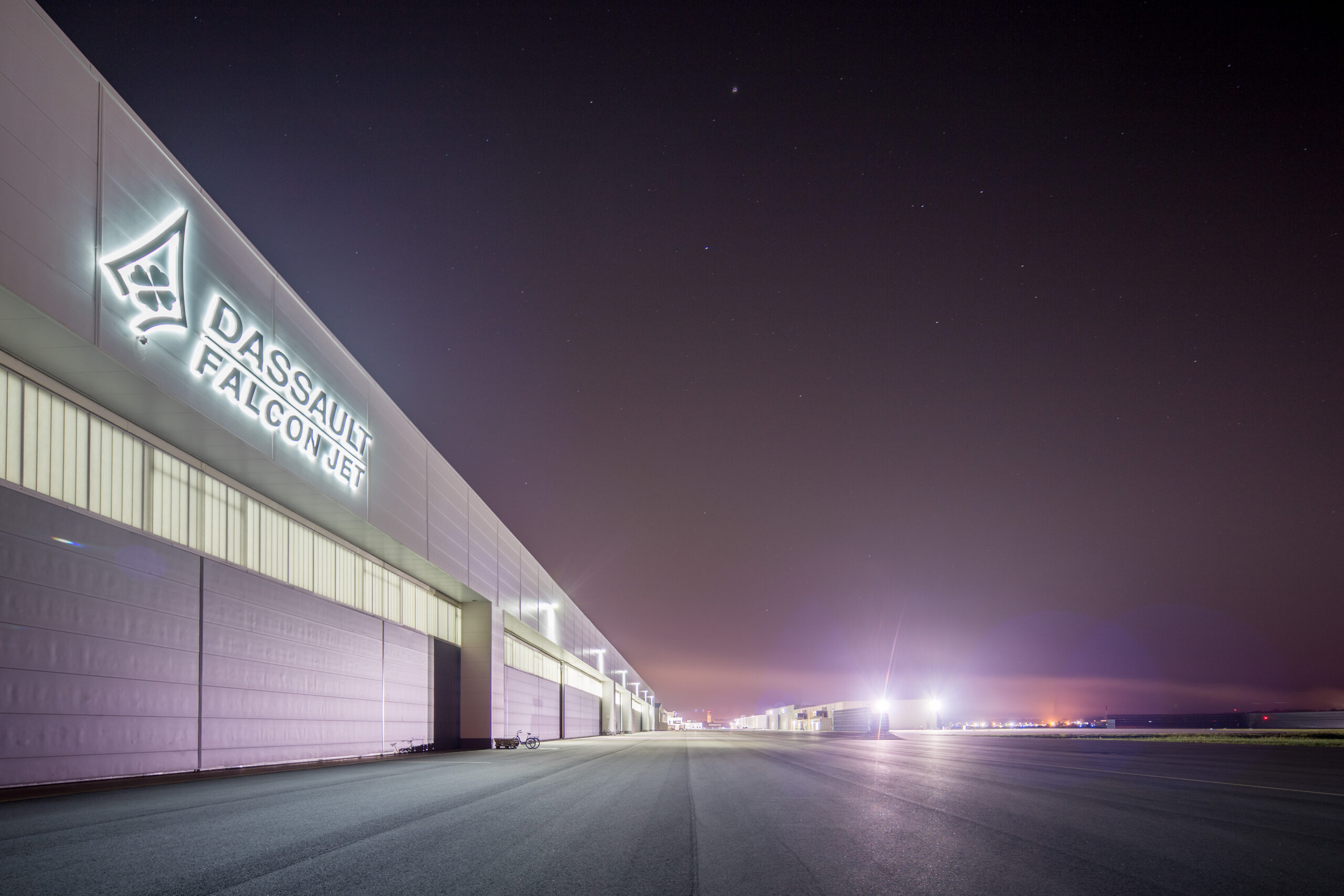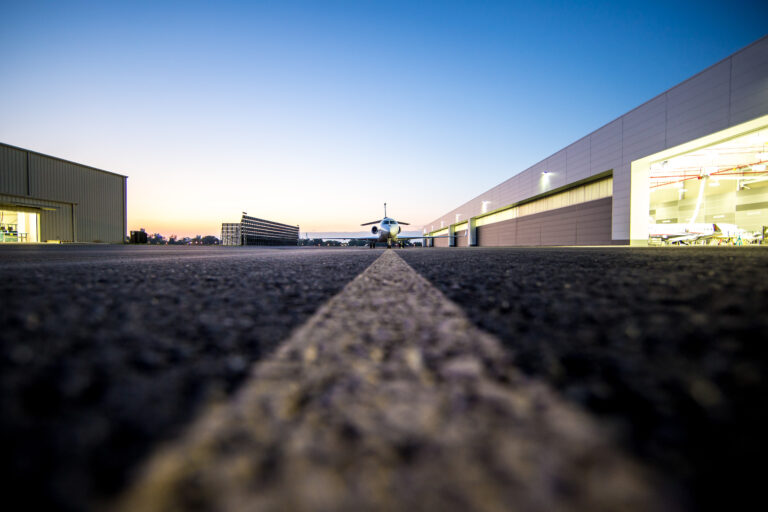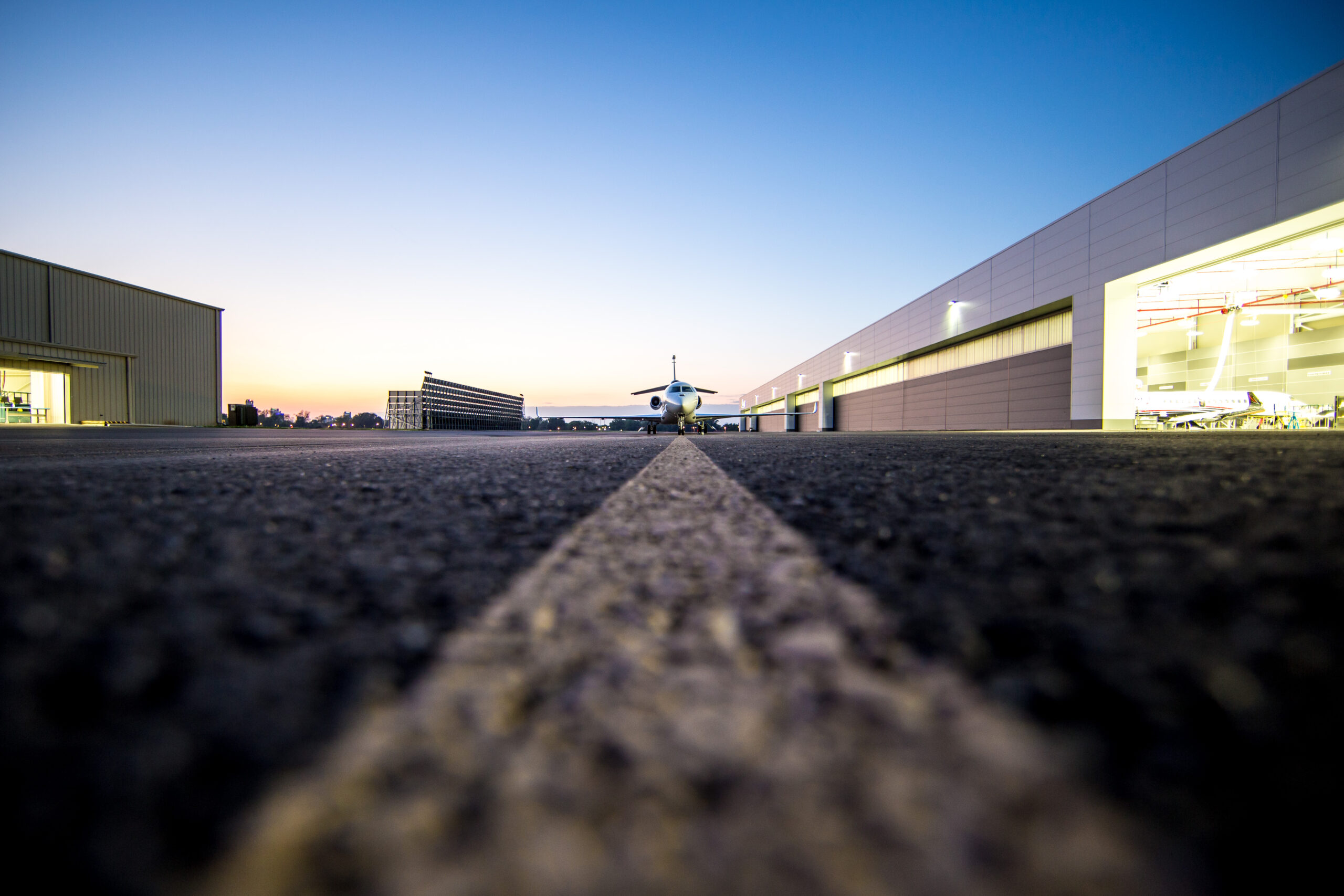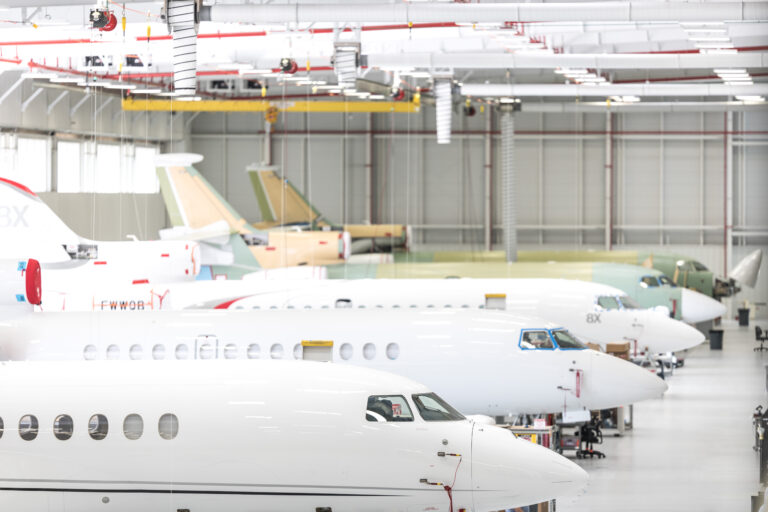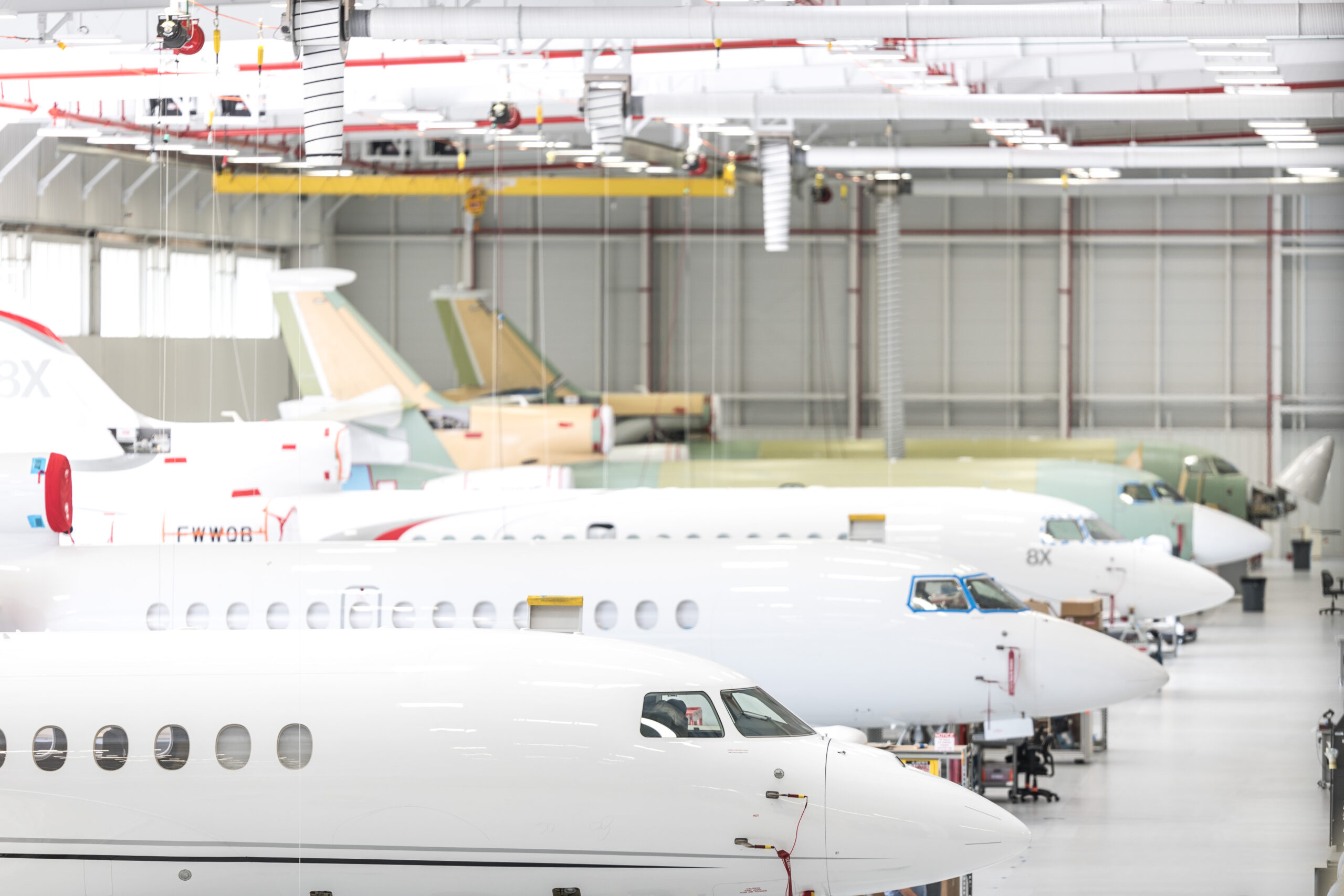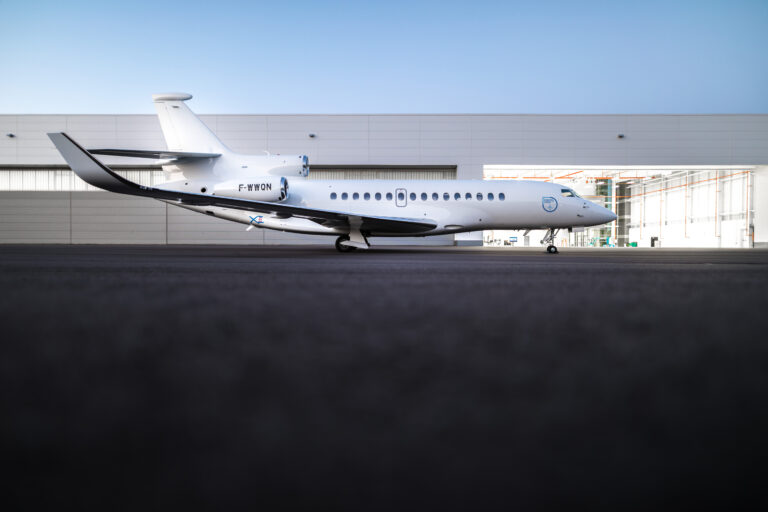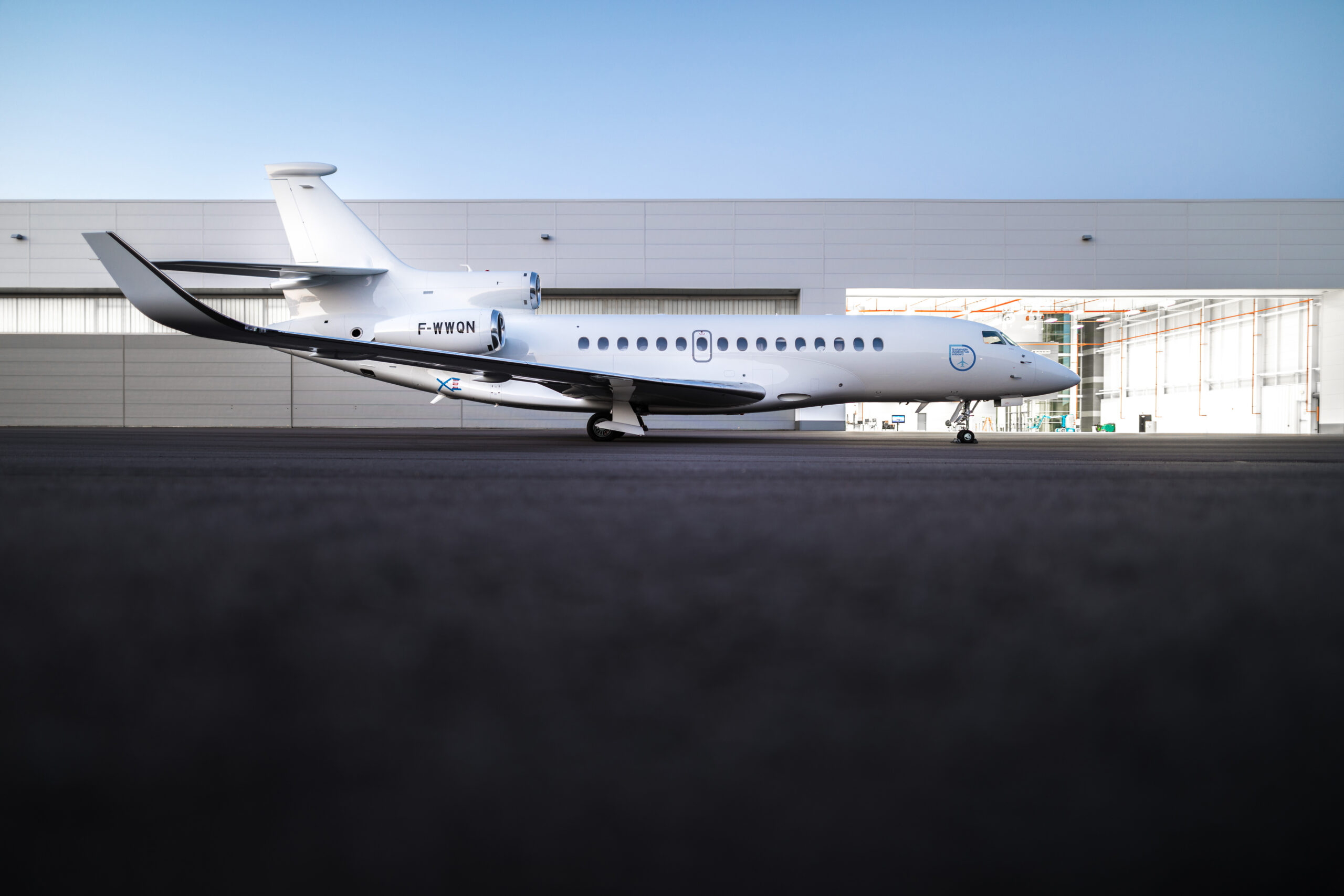All customer acceptance and departure flights from the Dassault Aviation completion facility in Little Rock, Arkansas, will use sustainable aviation fuel (SAF).
The use of SAF at this site is part of the SAF plan implemented by Dassault to reduce the carbon footprint of its aviation operations. Under this plan, all flights operated by company-owned Falcon aircraft, whether for business, transport or Falcon support, are using SAF blends.
SAF offers carbon emission reductions of 80 to 90% compared to conventional jet fuel when used in its concentrated form. All Falcon aircraft are certified to use up to 50% SAF blends. The new Falcon 10X ultra long-range twin will be compatible for a 100% SAF blend from entry into service.
Although the business aviation industry accounts for just a tiny proportion (0.04%) of worldwide CO2 emissions, it is helping lead the way in decarbonization, aiming for net zero emissions by 2050. SAF is currently the most promising solution to meet this target.
The Little Rock plant is supplied with SAF by Avfuel Corporation and Neste, the leading fuel supplier and SAF producer, respectively, in the industry.
ABOUT Dassault Aviation: With over 10,000 military and civil aircraft (including 2,500 Falcons) delivered in more than 90 countries over the last century, Dassault Aviation has built up expertise recognized worldwide in the design, development, sale and support of all types of aircraft, ranging from the Rafale fighter, to the high-end Falcon family of business jets, military drones and space systems. In 2022, Dassault Aviation reported revenues of €6.9 billion. The company has 12,800 employees.
Contact Us

Vadim Feldzer
Head of Falcon Global Communications
Dassault Aviation
78 Quai Marcel Dassault
Cedex 300
Saint Cloud, Cedex 92552
France
Work Phone : +33 1 47 11 44 13

Andrew Ponzoni
Senior Manager, Communications
Dassault Falcon Jet
200 Riser Road
Little Ferry, NJ 07643
United States
Work Phone : +1 201 541 4588
